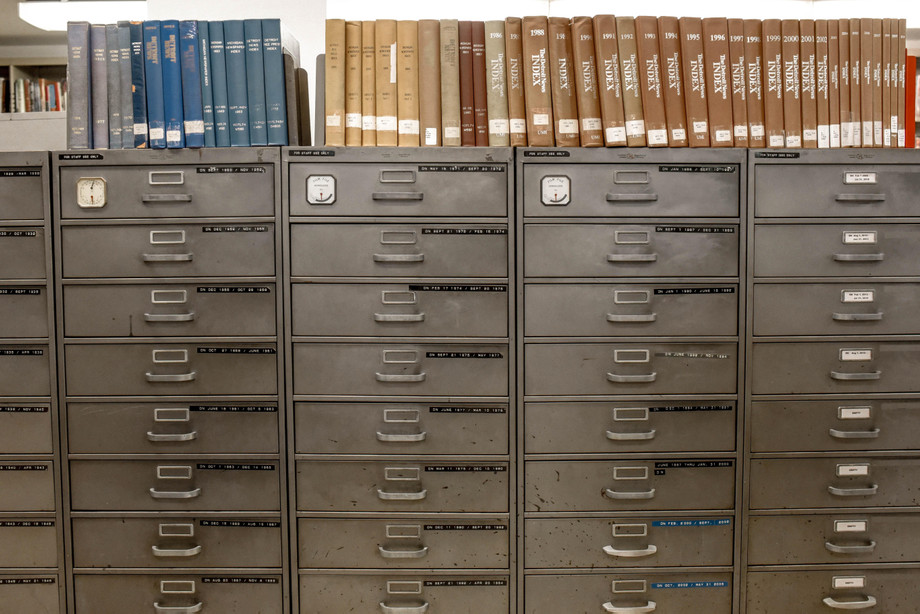With today’s technology, there would seem to be an easy answer to how to store your important documents and papers. But every day we hear about data breaches or computer crashes, both of which can leave you empty handed.
It’s therefore no surprise that you would be looking for a fool-proof storage system that allows you hands-on access to your data. Read on for some solutions to storing your hard copy documents and papers securely and worry-free.
WHY KEEP HARD COPIES OF DOCUMENTS AND RECORDS
In many instances, an original document is necessary for identification or authentication purposes. While it’s convenient to have your birth certificate scanned and saved on your computer, if needed for identification, it has to be the original, or a copy that’s been certified by a Justice of the Peace or Notary Public and stamped as true. The same is true if you are suddenly faced with a legal matter or the time comes to execute any signed contracts such as Power of Attorney, wills and insurance contracts. It is therefore necessary to have the document conveniently stored in a safe location that is accessible to you.
Another important reason to keep hard copies is because in the face of a catastrophic event, digital information might not be available for days, weeks or longer. Some companies are also required by law to retain hard copy data for certain periods of time, so in circumstances such as these, safe storage is crucial.
OPTIONS FOR STORING YOUR DOCUMENTS
Depending on the volume of data you have to store, there are several options available. There are advantages and disadvantages to each of them and you will need to decide which option is the most suitable for you or your business.
- Filing Cabinets – depending on the amount of storage you require, a lockable, metal filing cabinet might be all you need. Combined with labeled folders inside each of the drawers your documents and papers are an arm’s reach away and readily available to you. However, as your needs change, you may need to keep adding more filing cabinets which take up a lot of floor space and documents will age over the years.
- Document Boxes – also known as archive boxes, these are easier to move, stack and generally take up less room due to their dimensions. They come in a range of materials, from zippered fabric to cardboard to metal. Keep in mind that when stacked, the bottom units may become crushed under the weight of the boxes above them so always stack the heavier boxes on the bottom.
- Plastic Bins – the most common storage containers, you will see them in discount stores, office stores and in almost everyone’s basement or attic. They are lightweight, easily stacked and more economical. However, you will need to assess where the bins will be stored before choosing this option. They may crack in extreme temperature fluctuations and this could lead to leakage and destruction of the very documents you are trying to protect.
- Metal Bins – while more durable and longer lasting than their plastic counterparts, they will rust in a damp environment and they are heavier to move and lift, making stacking a major issue. While they can be quite expensive, some do provide a lock for security purposes.
- Fire Proof Boxes – for personal documents such as passports, insurance contracts and photographs, a locked, metal fire proof box may be sufficient. It can be conveniently stored anywhere in the home and serve the purpose of protecting your documents. The only drawback is that it is smaller and won’t hold a lot of information.
- Safe Deposit Boxes – as with the fire proof box, these are generally used for personal items and available at most banks. Because they are off-site, they are not readily available and can be costly.
- Off-site storage facilities – these facilities are a good option because they allow you to free up office space and store your documents in a secure and atmospherically controlled environment. However, because they may not be in close proximity to you they may be less convenient if you need something in a hurry.
TIPS FOR STORING DOCUMENTS
To protect your paper documents from damage, there are certain best practice guidelines to follow. These include:
- Avoid heat and humidity (the lower the temperature, the longer the documents will remain preserved)
- Use plastic sleeves (avoid those without polyvinyl chloride)
- Use acid-free paper for longer document life
- Keep document boxes off the ground (ideally in racks or shelving units)
- Roll up large sheets and enclose in clear polyester film to save space and prevent moisture damage
- Include a moisture control sachet in each container
The type of storage method you decide on will depend on the type of documents you wish to store and your reasons for storing them. The key is not to put all of your eggs in one basket, but to have other forms of storage as well as hard copy documents, such as scans and digital records.

